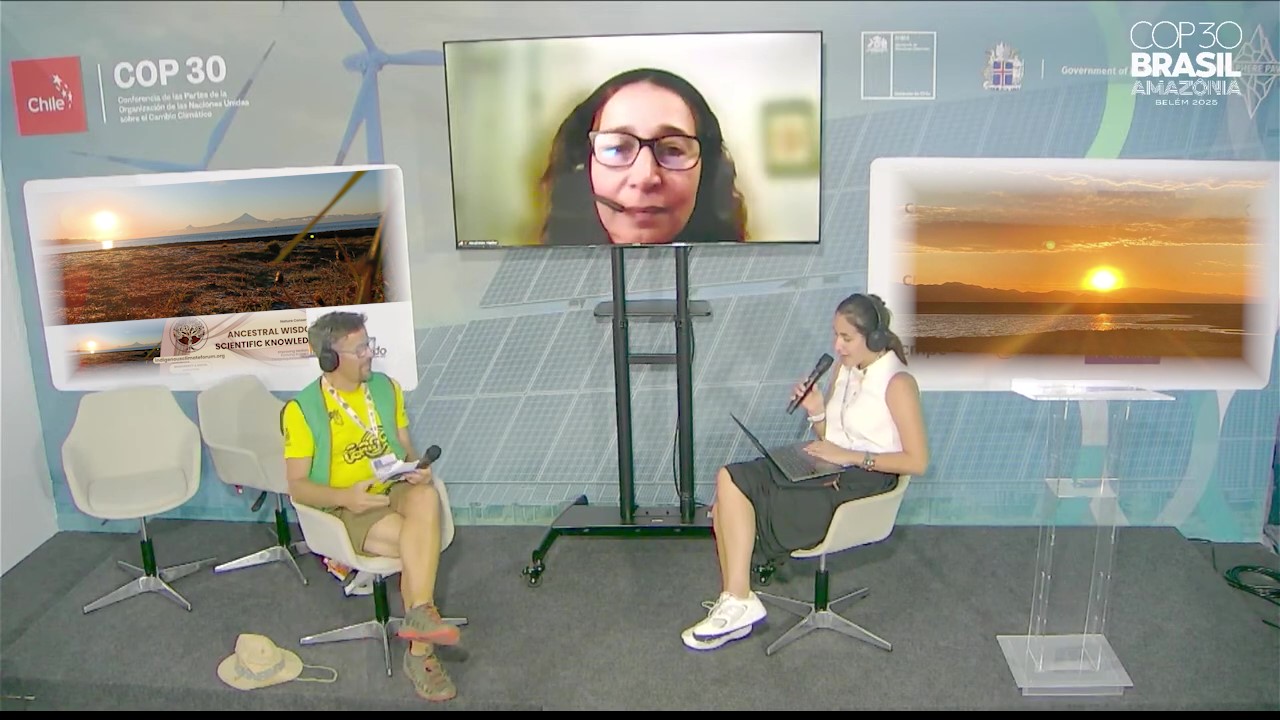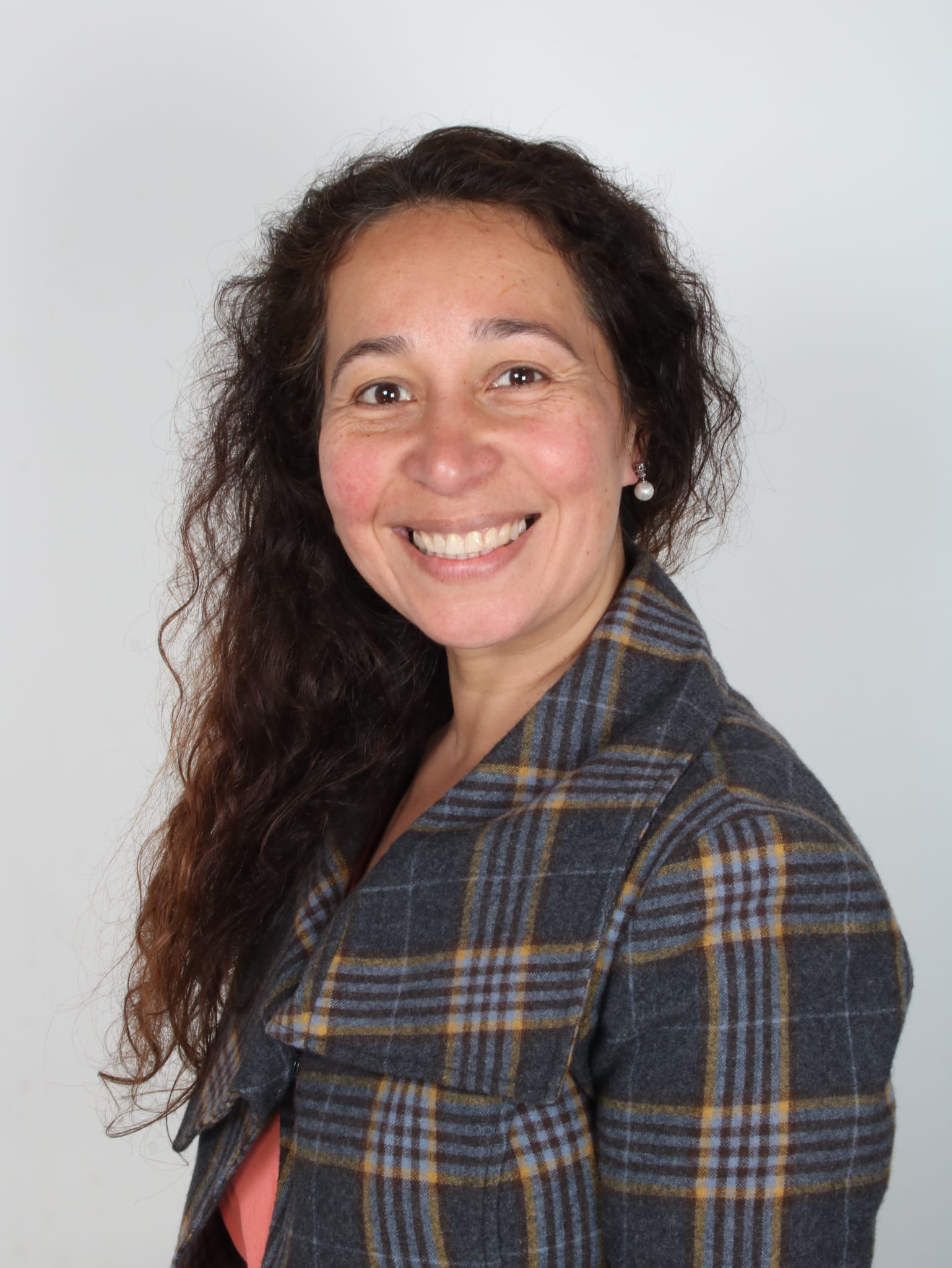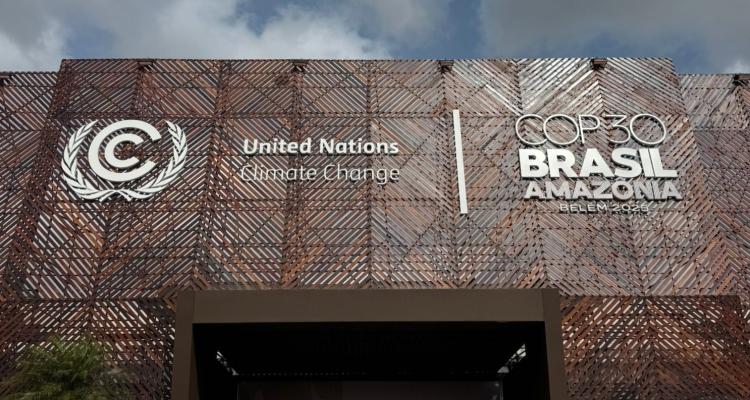Photo credit: Kristof Foldenyi
Where climate meets care: My voice at COP30
Attending a COP is never simply a matter of arriving at a negotiation venue. It is a moment of contribution: stepping into conversations that need sharper legal thinking, clearer institutional direction, and more inclusive governance.
Although I did not travel to Belém this year, COP30 still provided a space in which my work and the ideas I have developed over the past year found a place in global dialogues on law, justice, and climate governance. And while I missed the friends, colleagues, and allies with whom I have built relationships across previous COPs and Subsidiary Body meetings, this year confirmed something I believe deeply: meaningful contribution does not always depend on physical presence, but rather on the substance and clarity of purpose.

Bringing health to the centre of climate governance
My first key input into COP30 was via a panel on the climate–health governance nexus at the Health Pavilion, organised by the World Health Organization (COP30 Health Pavilion), where I argued for the urgent need to develop a coherent legal framework bridging climate policy and public-health realities. We are seeing rising public health impacts (from repeated heatwaves to vector-borne illnesses, pressures on water and sanitation systems, and adverse outcomes in pregnancy) that call for institutional shifts in how we govern. Health must no longer be treated simply as a “co-benefit” of climate action; it needs to be placed at the heart of climate governance.
This contribution engaged directly with a central question at COP30: should the World Health Organization assume the role of custodian for health-related indicators under the Paris Agreement’s Global Goal on Adaptation (GGA)? With the indicator list still under negotiation and multiple Parties calling for clearer institutional arrangements, the discussion is far from settled. My intervention offered participants a way to understand both what is at stake and how legal design can strengthen global governance, all while enhancing equity and accountability.
Advancing territorial ethics and climate justice
My second major contribution draws on my research into territorial ethics, Indigenous governance and the need to rethink how energy and climate transitions occur in territories of ecological and cultural significance. This work, developed in collaboration with Indigenous scholars and communities, argues that climate governance must move beyond procedural inclusion to recognise Indigenous jurisdiction, relational governance, and the non-substitutable nature of ecosystems such as wetlands, forests and sacred sites.
These reflections aligned with COP30’s increasing emphasis on just transition, rights of nature and the design of renewable-energy systems that do not replicate historic harms under a green label. My contribution offered both a conceptual framework and practical legal pathways for aligning climate-law and energy-policy frameworks with Indigenous rights and ecological integrity.
Participating from afar — And the community I missed
This COP, while participating remotely, brought a poignant mixture of absence and presence. After nearly five years of attending COPs and SB sessions in person, I know how much learning, exchange and bonding happens outside formal plenaries: the corridor conversations, late-night debriefs, and the shared moments of determination among delegates.
Not being in Belém meant missing those relational spaces, and as a mother, academic, teacher and councillor, I felt the absence of a community I value deeply. Yet, distance brought clarity: that the value of one’s contribution is not defined simply by the physical seat at the table, but by the ideas carried into the process, their articulation, and their resonance within the negotiating community.
What comes next
COP30 marked a pivotal moment. Ten years after the Paris Agreement, the world still struggles to align ambition with justice. My work this year was not about adding to the noise of a busy conference, but it was about offering legal clarity, ethical grounding and institutional pathways in two areas where coherence is urgently needed:
- The climate–health nexus, where impacts are immediate, visible, and require integrated governance; and
- Territorial ethics (or what we might call the ethical and just transition), where decarbonisation must be built on respect, reciprocity and relational governance.
While COP30 ended with an agreement on the adaptation indicator framework and renewed commitments on finance, it also highlighted the gaps that still remain, particularly around equity, implementation and the pace of transition. These outcomes reinforce why the work I brought into the process, on health-centred climate governance and territorial ethics, remains necessary.
Even from afar, I felt part of a community committed to this challenge. As we move beyond COP30, the questions I have raised will not fade. If anything, they will become more acute. And so will our responsibility to ensure that climate governance serves people, communities and our future generations.
Written by Girton Fellow, Dr Antoinette Nestor.
About Dr Antoinette Nestor
 Dr Antoinette Nestor is a Fellow and Director of Studies at Girton College, and Affiliated Lecturer at the Department of Land Economy at the University of Cambridge. Her primary research interests lie at the intersection of public interest law, access to justice, community economic development, sustainability, and the environment. She focuses on linking private law, planning, environmental and climate change law, and international law to address urban poverty and redress social exclusion. Her work also explores the role of Nationally Determined Contributions (NDCs) under the Paris Agreement and their connection to the Sustainable Development Goals (SDGs) and Ecosystem Services.
Dr Antoinette Nestor is a Fellow and Director of Studies at Girton College, and Affiliated Lecturer at the Department of Land Economy at the University of Cambridge. Her primary research interests lie at the intersection of public interest law, access to justice, community economic development, sustainability, and the environment. She focuses on linking private law, planning, environmental and climate change law, and international law to address urban poverty and redress social exclusion. Her work also explores the role of Nationally Determined Contributions (NDCs) under the Paris Agreement and their connection to the Sustainable Development Goals (SDGs) and Ecosystem Services.

